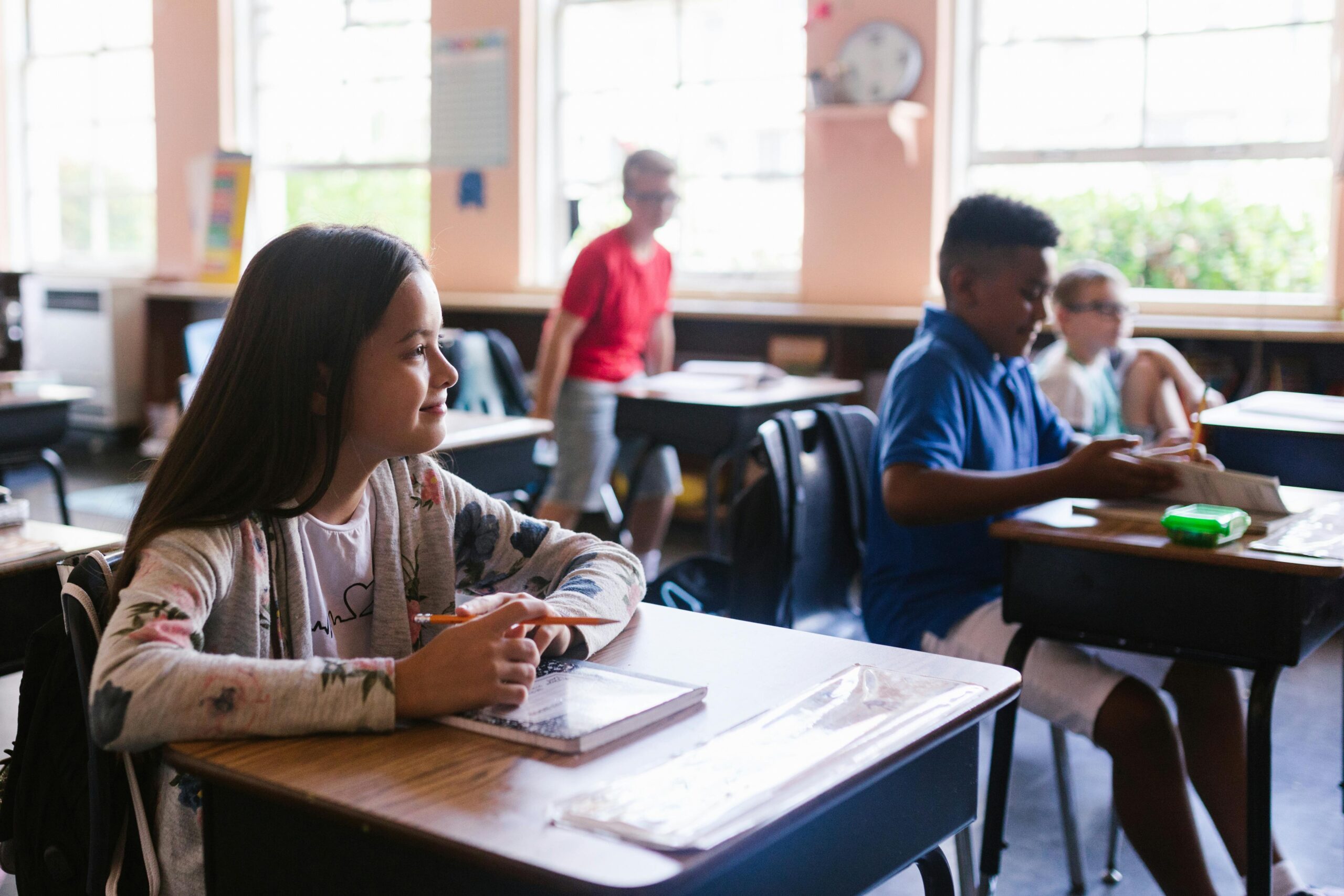
Why study the humanities?
Teaching inner-city kids in London has helped Alex Norris see that the humanities are as relevant as ever and should be a key part of any school curriculum.
As a Latin teacher in an inner-city London state school, I frequently come across raised eyebrows when telling people about my job. To say that it is countercultural to teach the Classics to children from the local council estate, many of whom barely speak English, would be putting it mildly.
“What’s the point?” interlocutors ask incredulously, as they try to imagine the scene of the rowdiest 11-year-olds they know chanting the endings of the first declension. “How on earth would learning Latin ever come in useful for these kids? Shouldn’t you be teaching them something practical, like business studies instead?”
Well, what is the point? In fact, what is the point of education at all?
Why shouldn’t we spend our time giving these children ‘useful’ skills, like balancing their books and dealing with customers, which they could learn more easily from behind the till of their local Sainsbury’s?
At its most basic level, education is (or should be) about the imparting of knowledge. It is not concerned so much with embedding skills without substance into its pupils, but forming their young minds to be able to acquire, understand, and use powerful knowledge in their lives.
This mind-formation naturally requires some kind of material: just as moral/character formation involves ingraining moral knowledge into behaviour through practice, intellectual formation involves learning key knowledge about the world in which we live for the sake of being able to put it into practice.
Not for nothing did the classical trivium, the basis of Western education for many centuries, start with the teaching of grammar, followed by logic, then rhetoric. We as human beings must learn facts about how our world works (the ‘grammar’ of humanity) in order to be able to structure those facts into a coherent system (logic) with the ultimate goal of being able to navigate that system through discussion, debate, and negotiation (rhetoric, or dialectic).
And so the question remains: what knowledge should we be trying to pass on, so as to enable our children to create mental systems through which they can understand the world around them better?

Well, when children leave school, we want them to have as many opportunities laid out before them as possible, with the tools to be able to engage with any level of society – social mobility, then, becomes a key criterion for a good education.
For this reason, providing children with a great education must always balance two competing factors. On one hand, its content will always have a certain inherent conservatism; in order to teach our children to have a shared point of reference with the adults around them, we must teach them what has always been taught, to ensure that they have been exposed to the same cultural capital.
On the other, great education must also have an in-built flexibility, since the constantly changing issues that any society faces must be dealt with by its citizens using constantly adapting tools. The tension, then, is palpable.
Is finding the virtuous mean between these two a Sisyphean task? Can we teach both conservatively enough to help our children thrive in any environment, and flexibly enough that they can tackle new, contemporary challenges head-on?
Teaching the traditional humanities can be an excellent way of treading this line.
After all, the goal of the humanities writ large is to explore the very core of what it means to be human.
This is achieved through getting to know a variety of expressions of the human spirit, such as literature, philosophy, history, and so on.
Using the most profound examples of the resources that previous generations have left us, we can take the same basic structure, and explore it from different – and indeed contemporary – angles. By their very nature, the narratives the traditional humanities present are flexible, and can be adapted to many very different situations; surely these are precisely the kinds of disciplines we should be presenting for children to learn from.
But is this the only reason why we should treasure the humanities? They may be useful for human formation, social mobility, and a generally well-rounded education – and I believe they are. Some things, though, may also be worth doing not just for their utility, but for their own sake too.
Perhaps studying the humanities – famously described by Matthew Arnold as ‘the best that has been thought and said’ – is a project which can itself inspire young minds; perhaps it could do so well beyond any considerations of how that study can serve them, and rather instil in them an eager desire to be of service themselves, and so add to the beauty and goodness in the world. Is there anything more important than that?
This article was first published on the blog of Reclaiming the Piazza. For the original article, see here. It is republished in Adamah with permission.
Like what you’ve read? Consider supporting the work of Adamah by making a donation and help us keep exploring life’s big (and not so big) issues!
Alex Norris
Alex Norris is a recent Classics graduate of St John’s College, Oxford University, and is currently training to be a Latin teacher at Pimlico Academy.
